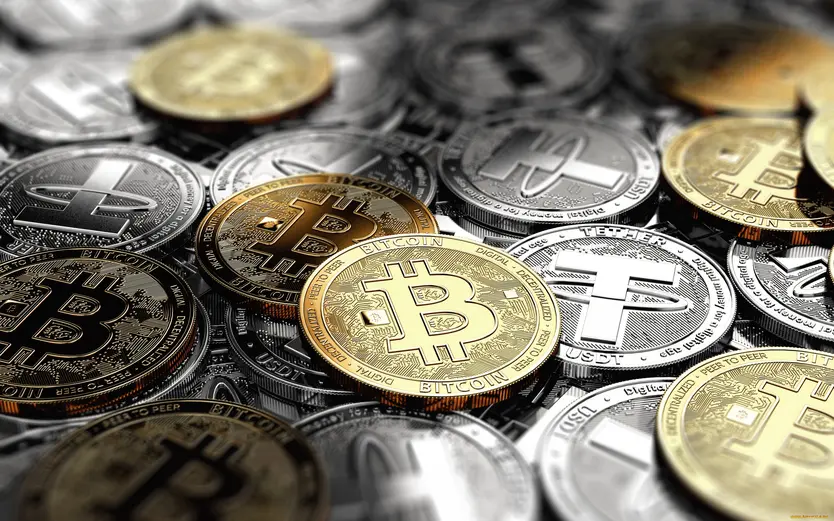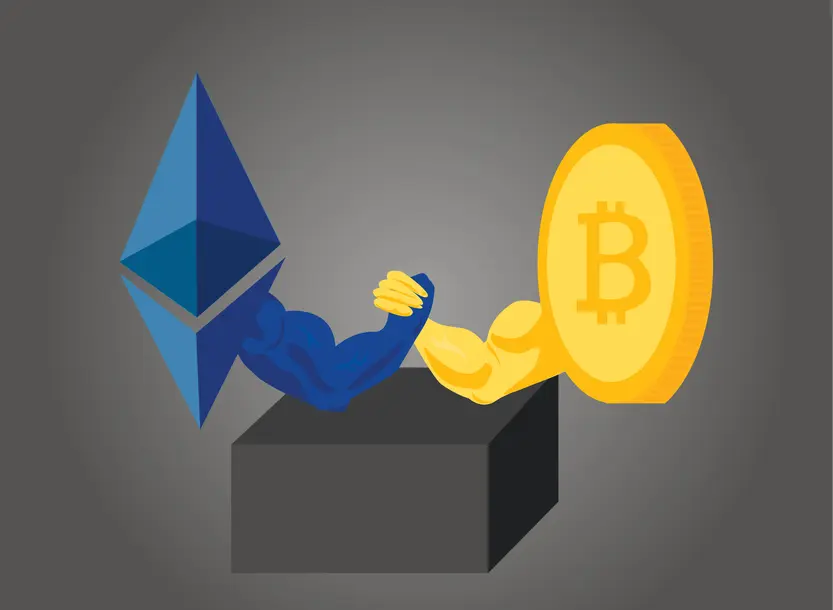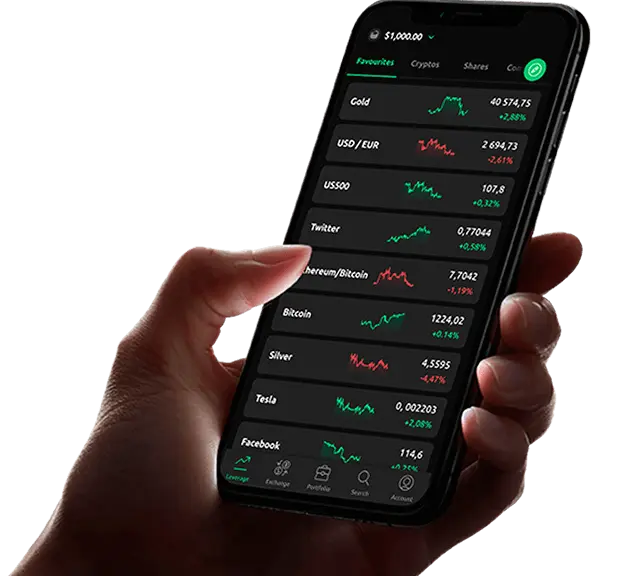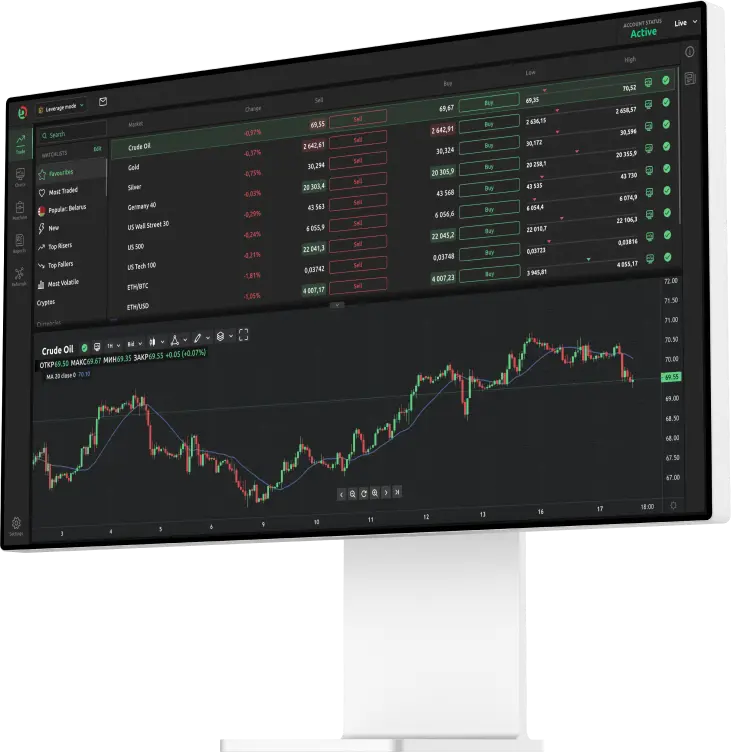Are you a bagholder with cryptosis? Have you been rekt by FUD in your drive for a Lambo?

Like every other sector, the world of cryptocurrency has its own share of jargon, lingo and slang. A lot of this comes in the form of crypto acronyms and crypto abbreviations.
That said, there’s a good chance that even if you’ve been involved in the crypto space for quite some time, you might well be unaware as to what some crypto terminology means. In this article, we will take you through some phrases to keep you up to speed. Here is Dzengi.com’s crypto abbreviations list:
Bagholder
A bagholder is someone who is in a very unfortunate position. They hold crypto but, because the coin’s price has collapsed for one reason or another, they are stuck with it. They aren’t able to sell it, at least not without making a loss. The poor bagholder has been left holding the bag.
BTD (or BTFD)
Buy the dip. In other words, you want to buy crypto when it is at its lowest, so you will make a profit if the market rallies. BTFD is exactly the same but incorporates a classic expletive.
Cryptosis
An obsession with cryptocurrency. If you are merely an investor, you probably don’t have it. If, on the other hand, you spend all your time buying, trading, reading about and discussing it, possibly while using increasingly arcane crypto acronyms and crypto jargon, then you might have it.
DeFi
Out of all the cryptocurrency abbreviations, the one that is perhaps most important is DeFi, short for decentralised finance. In short, this is the idea behind cryptocurrency as a whole; the concept that people can use financial services without needing a bank account. If it wasn’t for DeFi, this list of cryptocurrency acronyms and crypto abbreviations would probably not exist.
DEX
A DEX is a cryptocurrency abbreviation for decentralised exchange. In other words, it’s a crypto exchange that allows people to trade cryptocurrencies without the need for a third party.
DYOR
Not a misspelling of a high-end fashion house, but the acronym for do your own research. In other words, you shouldn’t just buy crypto on a whim. As well as DYOR, we would also suggest you take note that cryptocurrencies can be highly volatile. Prices can go down as well as up, and you should never invest more money than you can afford to lose.
Exit scam
If a coin has an initial coin offering, or ICO (another cryptocurrency acronym), and the creators then disappear with all the money, then that’s an exit scam. It has the same end result (lots of rekt bagholders) as a pump and dump, but is not quite the same thing.
Flippening

On one hand, you have bitcoin (BTC). On the other hand, there’s ether (ETH). Fans and investors of ETH are awaiting the day when their crypto, backed by the blockchain that gave the world concepts such as smart contracts, finally becomes worth more than a BTC. When that happens – if that happens – it will be known as The Flippening.
Faucet
A website that gives away free crypto.
FOMO
While FOMO, or the fear of missing out, is a fairly common slang term in the real world, it means something specific here. As one of the many crypto acronyms, it’s used to describe a situation when someone wants to get in on a currency early so they can maximise their benefits, if and when it goes to the moon.
FUD
FUD is one of the more common crypto acronyms. It stands for fear, uncertainty and doubt. So, for instance, if someone thinks that a particular token may not be entirely ready for a trip to the moon, then fans of said token will accuse that person of having FUD.
HODL
HODL, or hodl, is a word that looks likes a crypto acronym, but actually isn’t. Back in the earlier days of crypto trading, someone, somewhere, wanted to tell people on a message board that they should hold a particular coin. There was, unfortunately for them, but fortunately for fans of crypto slang, a typo. Before too long, the spelling hodl was used as a particularly crypto-centric way of telling people to hold a digital asset.
Lambo
A Lamborghini. This high-end Italian sports car seems to be the goal of many online crypto enthusiasts. The idea is that, when the coin they hold finally reaches the moon, then the first thing they will buy will be this particular motor. Often found in the form of a question, ie, “When Lambo?” means “When will this crypto’s price go up to the point when I’ll be able to afford a Lamborghini?”. The honest answer is usually “not soon”.

Moon
The moon is probably the most important place in crypto. If holders of a particular cryptocurrency feel confident, or want to generate confidence, in the coin, then they will quite often talk of it going “to the moon” when it, they hope, explodes in price and, theoretically, makes them wealthy. Of course, this often doesn’t happen. If a currency gets a sudden price spike, then that is sometimes called ‘mooning’.
No coiner
Someone who either doesn’t have any bitcoin, any one of a particular crypto (depending on the crypto being discussed), or does not own any cryptocurrency whatsoever. Can be used as a semi-derogatory term for people who are cynical about crypto.
Pump and dump
A pump and dump is a scam which sees a trader, or a group of traders, buy up a coin at a low price. This causes, or at least should cause, the price to go up. Once it hits a certain level, the coin is sold, which may cause the price to collapse. If you get caught by a pump and dump, there’s a good chance you will be a bagholder and end up rekt. Similar to, but not the same as, an exit scam.
Rekt
If someone finds themselves in the unenviable position of being a bagholder, the truth is they’ve been rekt. This bit of crypto slang, which comes from the world of video games, means that they lost a lot of money when their coins have collapsed.
Rug pull
Another term for an exit scam, where the founders of a crypto artificially inflate the price by one means or another, luring in crypto investors, then pull the rug by cashing in all their own holdings, causing the price to crash.
Sats
Sats is a crypto abbreviation for Satoshi, the smallest amount of bitcoin that can be sent, with one BTC worth 10 million Sat. It gets its name from the mysterious founder of Bitcoin, Satoshi Nakamoto. In case you were wondering, the minimum amount of ETH that can be sent is a Wei, worth one-quintillionth of one ETH.
Weak hands
If you see your crypto fall down, even though it may not be a pump and dump, and you are selling, then it’s possible that you have weak hands. In contrast, if you decide to HODL when things aren’t going brilliantly because you think your coin will go to the moon so you can get that Lambo, then you have diamond hands.
Whale
A whale is a very important concept in crypto. They are someone who owns a lot of a particular cryptocurrency. They have the power to influence the price of a coin. For instance, if one individual buys up a whole load of a coin, then the price of that coin will probably go up.
On the other hand, if they sell a lot of their tokens, then that will send the price down. If a whale is, in and of themselves, cynical about the crypto market and expects it to fail, then they are known as a bearwhale.
LFG
Looking for group. Many people on online gaming platforms use the acronym to look for teams in online multiplayer games, often to find players with similar stats.
FAQs
OG stands for the ‘Original Gangster’. These are cryptocurrency traders who have been around, and are still around since the first 2013 and 2014 bitcoin rushes.
Degen is shorthand for ‘degenerate’. ‘Degen trading’, or being in ‘degen mode’ is when a trader does trading without due diligence and research, and the term is often used to refer to yield chasers in the DeFi community who support unaudited projects.
GM stands simply for ‘good morning’. Some sources suggest it is used by traders to support their global community as a polite gesture, while critics suggest it is a form of gatekeeping.

